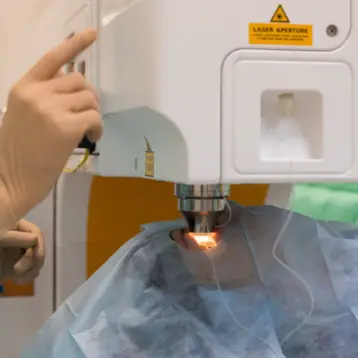The Massachusetts based Company Affectiva developed a special watch-like sensor which measures emotional arousal via skin conductance that grows higher during states such as excitement, attention or anxiety and lower during states such as boredom or relaxation.
There are many applications for a simple to use, non-invasive wireless biosensor such as the Q-Sensor developed by Affectiva. Market research and product-testing companies might use it to easily access scientific data to measure emotional response and gain customer insight. Clinical research and stress management can also be conducted using the device. The technology itself can be used in the future to alert users about rising anxiety levels and suggest stress relief techniques before stress level become too high.
The Q-Sensor measures emotional arousal using skin conductance, a form of electrodermal activity that grows higher during states such as excitement, attention or anxiety and lower during states such as boredom or relaxation. The Q-Sensor also measures temperature and activity, is washable, has an onboard event button that lets you mark times of significant experiences as well as a 3D motion sensor to tell you what you were doing and when.
The unit comes with a special software for PC or MAC and has a battery which last for 24 hours between charges and it works without electrodes so you don’t have to work with gooey messes.
Affectiva grew out of collaborative research at the MIT Media Lab to help people on the autism spectrum. The only major downside of the Q-Sensor seems to be the cost of the unit – around $2,000 – but since the unit is not currently offered to the general public (researchers and specific industry related costumers are the current target audience) this should be less of a problem. It will be interesting to see if a similar technology could find more general public use in the future in the form of a device which will help individuals suffering from stress find a new way of helping themselves.
TFOT covered other ways of relieving stress, including an ultrasound helmet which can control brain activity developed by scientists at Arizona State University in Tempe last year.
More information can be found on the Affectiva website.










